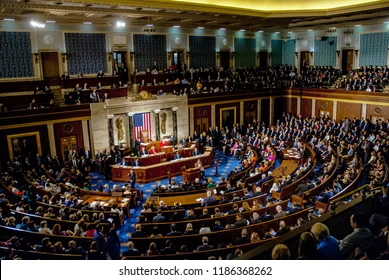The Senate has introduced a new piece of legislation that could significantly shift the balance of power in Kenya’s Parliament. The Constitution of Kenya (Amendment) Bill 2025 (Senate Bills no.13 of 2025) seeks to expand the Senate’s role in approving presidential appointments, budget oversight, and law-making.
If enacted, the Bill would amend several key provisions, including Articles 157, 215, 228, 229, 233, 250, and 251. This would transfer many approval and vetting processes from the National Assembly to Parliament as a whole. Positions such as the Director of Public Prosecutions (DPP), the Controller of Budget, the Auditor-General, and members of the Public Service Commission (PSC) would all require scrutiny from both Houses.
Another notable change is that petitions for the removal of commissioners or holders of independent offices would be considered by both Houses, not just the National Assembly. While this could enhance accountability, critics warn it might also politicise appointments and delay decisions, leaving key offices vacant for longer periods.
The Bill also proposes a rewrite of Article 109, allowing Bills to originate from either House, except for those involving national revenue, which remain the preserve of the National Assembly. New laws would only be forwarded to the President once passed by both Houses, with joint submission from both Speakers.
For counties, the Bill contains major wins. It establishes a County Assembly Fund to cover administrative costs and allows counties to access funds from the Consolidated Fund if the Division of Revenue Bill or County Allocation Bill is delayed. This aims to prevent service disruptions at the start of the financial year.
Budget oversight would also change, with both Houses reviewing national estimates before they are turned into an Appropriation Bill. Importantly, the Senate would gain the power to originate County Allocation Bills, strengthening its role in protecting county interests.
The Bill has already passed its First Reading, and the Senate has called for public participation on October 6. If successful, it could reshape Kenya’s legislative landscape by elevating the Senate into a more powerful and influential chamber.

